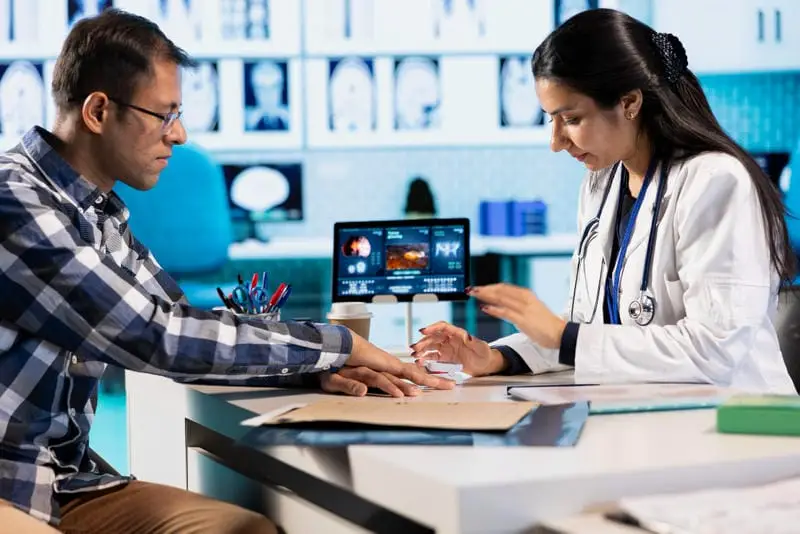- Published on: Apr 16, 2020
- 1 minute read
- By: Dr Rajan Choudhary
Vitamin D: The One Time We Will Recommend Supplements
Whilst we wouldn’t recommend taking multivitamins unless advised by a doctor, vitamin D is a different beast. This vitamin is special as we can produce it in our own bodies from cholesterol, with one step of the reaction requiring sunlight, and another two steps performed in the kidney and liver. The vitamin is key in maintaining calcium balance in our bodies, ensuring that we have enough to keep our bones strong and well mineralised, but not to excessive levels that can cause nerve dysfunction, muscle spasms and even cardiac arrythmias.
As we have moved to working indoors in offices, with more sedentary lifestyles at home, vitamin D deficiency has become more of a problem. This is especially true as you travel to countries which are closer to the north or south poles, as in winter times sunlit hours become shorter, and cloudy weather becomes more prevalent. People with dark skin have more melanin in their skin, designed to block UV light, and are more prone to deficiency. Similarly, people who cover their skin for cultural reasons or due to health reasons (sensitive skin or a history of skin cancer) may face similar issues.
In many European countries Vitamin D deficiency is common across the population, but largely undiagnosed except in the most severe of circumstances. Symptoms can be very generic, including fatigue and tiredness, depressive symptoms, muscle pain, with more severe deficiencies leading to osteoporosis (weaker, more brittle bones).
In the elderly this can lead to a higher risk of fractures after a fall. Whilst the bone may take weeks to heal, the physiological and psychological implications often last months, and sometimes a person may never recover to their baseline without intense physiotherapy and support from their regular physician. For this reason elderly patients are often put on bone protection with weekly doses of Vitamin D.
What about the general population? Well, the advice may surprise you. Though we have advocated against immune boosting foods, multivitamins and many fads that propagate on social media, we would actually advise people to take vitamin D supplements, especially those who are at risk of deficiency:
- Limited sun exposure on skin
- Darker skin
- Living in cloudy regions or countries with lower sun exposure
- Vegans, or those with a poor diet
- Pregnant and breastfeeding women,
- Elderly (above 65)
- Those with obesity or have had gastric bypass surgery
In these instances, we would recommend supplementing your diet with Vitamin D at low doses. This advice is evidence based, and supported by the UK Clinical guidelines (National Institute of Health and Clinical Excellence), guidelines that are very stringent in providing treatments that have strong evidence and unbiased, highly critiqued research behind them.
Dr Rajan Choudhary, UK, Chief Product Officer, Second Medic Inc









